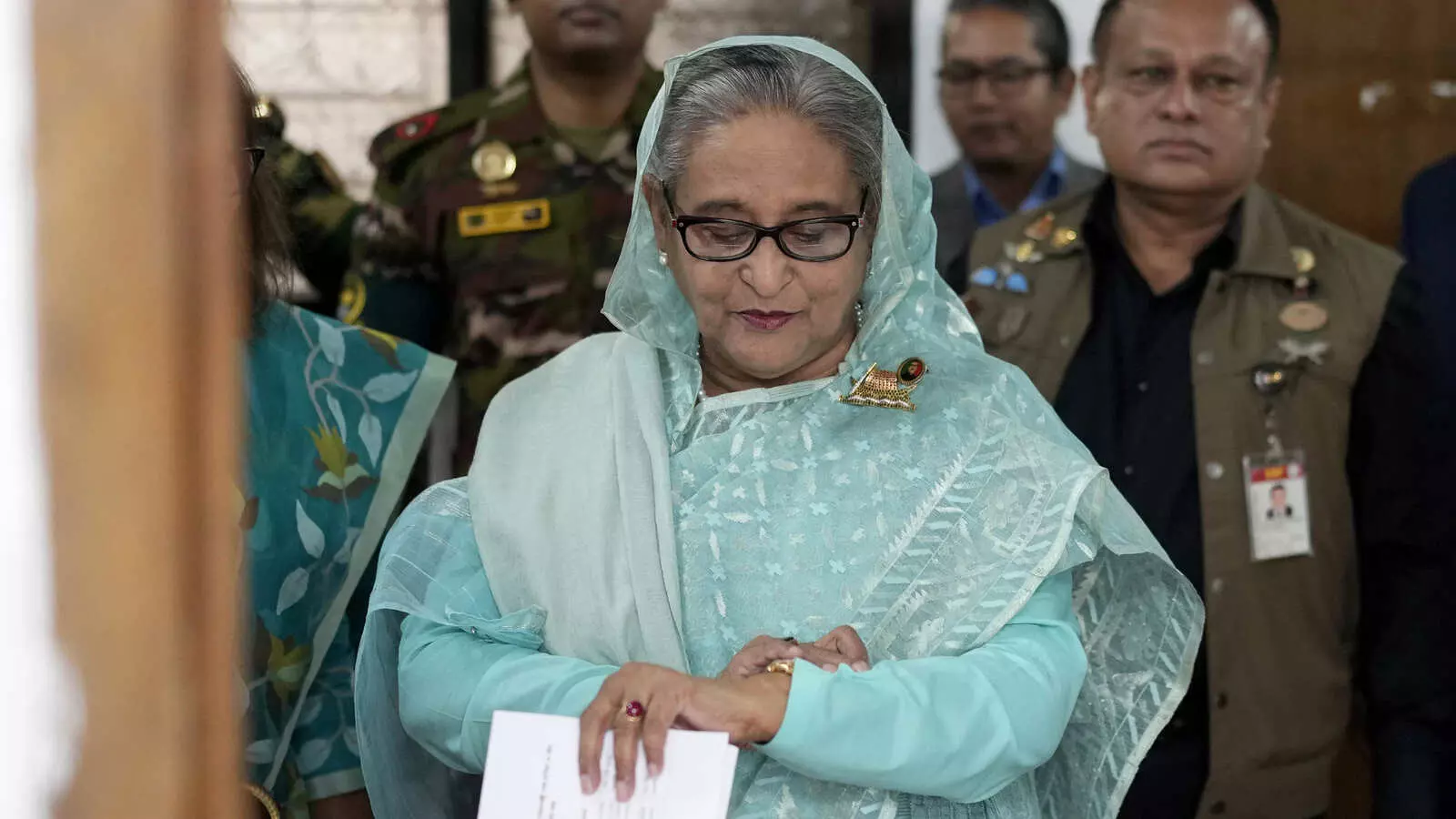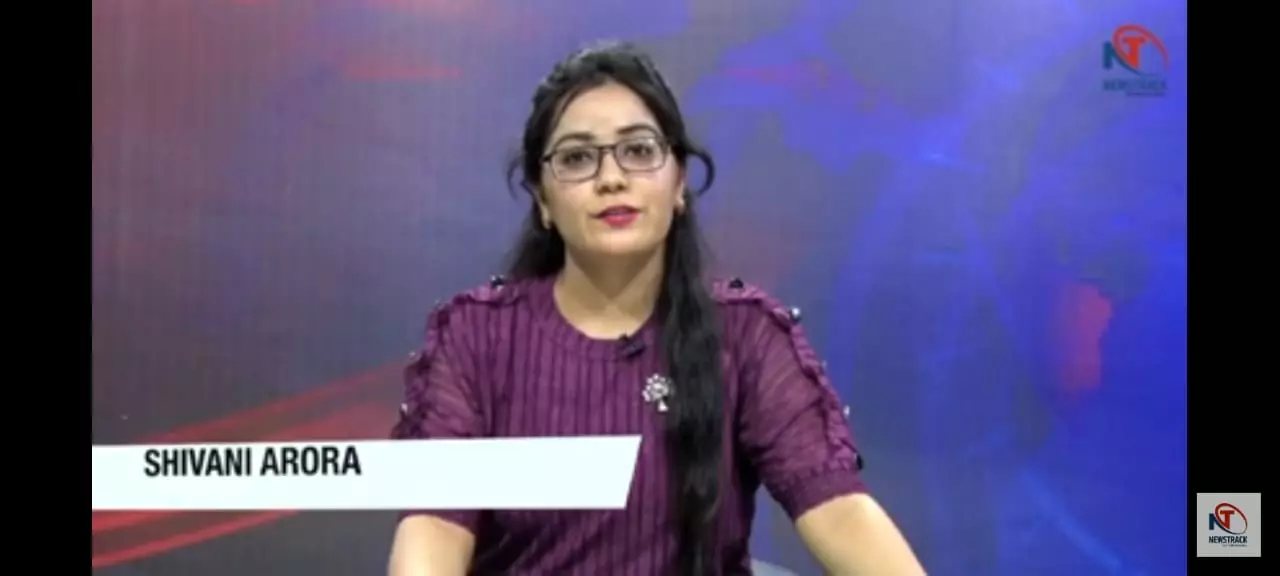TRENDING TAGS :
Bangladesh’s Interim Government Bans Sheikh Hasina’s Awami League
The interim government also amended the ICT Act to allow the prosecution of political parties and their affiliates, marking a significant shift in Bangladesh’s legal framework.
Dhaka. Bangladesh’s interim government, led by Nobel Laureate Muhammad Yunus, has imposed a sweeping ban on all activities of the Awami League, the political party of former Prime Minister Sheikh Hasina, under the country’s Anti-Terrorism Act. The decision follows intense protests led by the student-driven National Citizen Party (NCP) and several Islamist and right-wing groups demanding the party’s prohibition.
The ban, effective until the International Crimes Tribunal (ICT) completes its trial of the Awami League and its leaders, aims to address alleged crimes committed during the party’s 16-year rule, including the deaths of hundreds during anti-government protests in July and August 2024. The interim government also amended the ICT Act to allow the prosecution of political parties and their affiliates, marking a significant shift in Bangladesh’s legal framework.
“The decision was taken to safeguard national security and sovereignty, protect the leaders and activists of the July 2024 uprising, and ensure the safety of complainants and witnesses in the ICT trials,” said Asif Nazrul, law affairs adviser to the interim government, during a press briefing. An official gazette notification formalizing the ban is expected on the next working day.
The Awami League, founded in 1949 and instrumental in Bangladesh’s 1971 Liberation War, was toppled on August 5, 2024, following a violent student-led uprising that forced Hasina to flee to India. Since her ouster, Hasina and numerous party leaders have faced hundreds of legal cases, including charges of mass murder, corruption, and crimes against humanity. Many Awami League leaders are either in hiding, arrested, or have fled abroad.
The NCP, formed by student activists who spearheaded Hasina’s ouster, has been at the forefront of the campaign to ban the Awami League, staging blockades and protests across Dhaka since Thursday. On Saturday, thousands of NCP supporters, joined by members of Jamaat-e-Islami and other groups, marched toward Yunus’s official residence in the Shahgabh area, issuing an ultimatum for the ban. NCP convener Nahid Islam hailed the decision as a victory for the student movement.
The Awami League rejected the ban, labeling it “illegal and unconstitutional” in a statement on Saturday. “The people of Bangladesh are shocked and outraged by the fascist Yunus government’s announcement,” the party said, vowing to continue its activities despite the prohibition.
The decision has sparked mixed reactions. Crowds in Dhaka celebrated the ban, viewing it as a step toward accountability for the Awami League’s alleged role in political violence and human rights abuses. However, the Bangladesh Nationalist Party (BNP), the Awami League’s main rival, opposed the ban, arguing against restrictions on political parties.
As Bangladesh navigates this political upheaval, the ban on the Awami League raises questions about the future of its democratic landscape. With the interim government preparing for eventual elections, the exclusion of one of the country’s oldest political parties could reshape the nation’s political dynamics.


